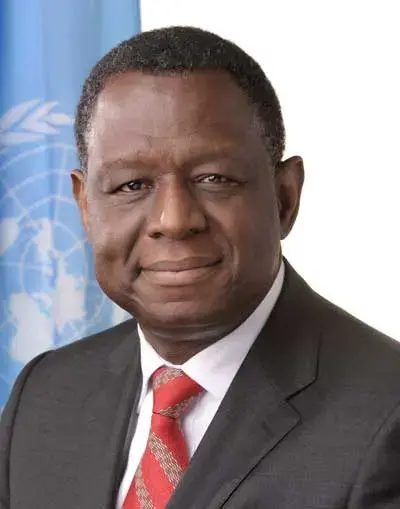"I am married and have children, but this work has made me aware of issues related to youth health that I didn't know," says Dr Anahita Danishyar. She is one of eight counsellors sitting on the other end of the Youth Health Line, a telephone service which is increasingly used by young people to access information and services related to health.
The Youth Health Line was launched in 2012 and since then the number of calls has increased every year reaching more than 1,500 calls per month in 2013. The number of counsellors has also increased; from two initially to a team of eight young male and female doctors who provide callers with the information they need.
The success of the Youth Health Line relies on its anonymity. Young people get an opportunity to ask about issues that are difficult to address face to face, particularly for young women. Many seek basic sexual and reproductive health information that is not available to them otherwise. "Most of the time young people don't have anyone to trust with some of the issues we address here," explains Dr Khaksar, a young and energetic doctor who joined the Youth Health Line a year ago. "We can't see their faces and they can't see ours, so it is easier for them to be comfortable and for us to quickly understand the problem and find the way to help them."
Most of the cases received by the team of women counsellors relate to forced marriage, domestic violence, HIV and family planning. For men, the pressing issue is unemployment and the resultant mental health issues such as depression and stress. The team of doctors provide counselling and, if necessary, refer callers to the appropriate health and protec¬tion services. If a caller is interested, she or he may visit the health line office or seek treat¬ment and further advice at the Youth Friendly Health Services Clinic managed by the Afghan Family Guidance Association, established at the same location in central Kabul.
"We had a case where one of the callers, a girl, was pregnant and when she told her boyfriend about her condition he disappeared," Dr Shkullah Hassanyar recalls. "She was desperate when she called us, even considering to commit suicide. We advised her to talk to her mother and invited the family here to discuss the problem," she says. "Thanks to the support of the counsellors, the girl and her boyfriend were eventually married".
"I really enjoy working with young people," says Dr Hassanyar. "I like that the young people feel very comfortable talking to us and that I can find ways to help them."



